Using Puppets for Teaching Languages
Why Use Puppets in the Primary MFL Classroom?Puppets are excellent tools to encourage and motivate even the most shy children to practise speaking in a new language. Interacting with a puppet is much less intimidating for most children than interacting with an adult and even the most grown-up children will be desperate to "have a go" at practising new conversation skills with the puppet! | |
Choosing a PuppetMany MFL teachers have a “class puppet” who becomes a regular foreign visitor to their classroom. The puppet has its own personality and the children know they must speak to him or her in the foreign language, because the puppet doesn't understand English. | |
| A popular choice is a "persona" puppet, such as our Puppet Buddies. These are available as boys or girls and come in a range of skin tones. They have lightweight bodies with full movement and superb mouth action, making them especially good for language lessons. | |
| | |
| For MFL lessons, you might even like to choose a puppet dressed in the traditional costume of the country of the language being taught, such as Cristina (Spain) or Claude (France) . | |
| | |
| Some teachers prefer to choose an animal or monster puppet instead of a persona puppet, so as not to discriminate by gender or race. Our gorgeous Sockette Glove Puppets are hugely popular and there are lots of designs to choose from. | |
| | |
| For story-telling, choosing well-known characters, such as The Gruffalo, Goldilocks, or Little Red Riding Hood will help to bring your story to life and encourage role-play. | |
| | |
Who should use the Puppet?If you only have one puppet, it's probably best to reserve it solely for the teacher to operate. It's beneficial for it to be seen as belonging to the teacher as it has a role to play in the class and is there to help with teaching and learning. It can be used as a reward though for hard-working children and they will know that they must look after it carefully. Children like playing with puppets too, and so it's always a good idea to have puppets for them to use themselves. For work in pairs or small groups, finger puppets are a popular choice. They could even make their own puppets from old socks or paper bags! | |
How to Use Your PuppetDon't worry if you're not the perfect ventriloquist, the children will be focusing on the puppet and will quite happily interact with it as though you were not there. There is no need to put on a funny voice if you don't want to. One effective way to operate the puppet is to hold its face towards your ear and appear to be listening, while moving the puppet's mouth a little. Then tell the children what the puppet has just whispered to you.Eye contact is also very important – we look at each other when talking so make sure your puppet does too. If it looks at the class, they will look back. If it is talking to one particular child, make sure it looks at him or her. Puppets with moving mouths are especially good for use in MFL lessons but there is no need to go overboard with the movement. Make sure it opens its mouth at the beginning of a sentence and then closes it at the end, but don't worry too much about what happens in between. If emphasising a particular word or phrase, you can exaggerate the movement a bit more so that it opens and closes again with each syllable. It's very important for your pupils to always see the class puppet “alive”, so if it lives in a cupboard or box, make sure it comes out and goes away whilst still animated! Seeing their favourite puppet “dead” amongst a pile of dusty dictionaries or stuffed into your desk drawer could be very upsetting for your young pupils! | |
Puppet ActivitiesQuestion Time - Ask a child to come to the front of the class to ask the puppet questions such as “What is your name?”, “how old are you?” and so on. The puppet can then respond and ask the child the same question.Mind Reading – Ask a child to come to the front of the classroom and think of a word or phrase that the puppet is thinking, linked to what they've learned that day. The other children must ask questions to guess what the puppet is thinking. Story Time – The puppet could sit on your knee when you're reading a story to your class. It can help to emphasise key points in the story with exaggerated movements. It could also be your assistant – turning the page or passing props, for example. Read with Me – Reading to a puppet is a good way for shy or less confident children to practise reading out loud. For those who are not yet able to read words, they can use picture clues to tell the story to their puppet instead. Puppet Postcards – If the puppet goes away to somewhere exciting, they can send the children a postcard. Writing to the Puppet – The children can use the puppet to practise writing in the target language. Maybe they could send the puppet a birthday card, or invite him or her to the school's International Day or summer fête? | |
Ideas for Further ReadingSome of the ideas in this article have been adapted from the resources below: | |
| 100+ Fun Ideas for Practising Modern Foreign Languages in the Primary Classroom | Puppets Language and Learning |

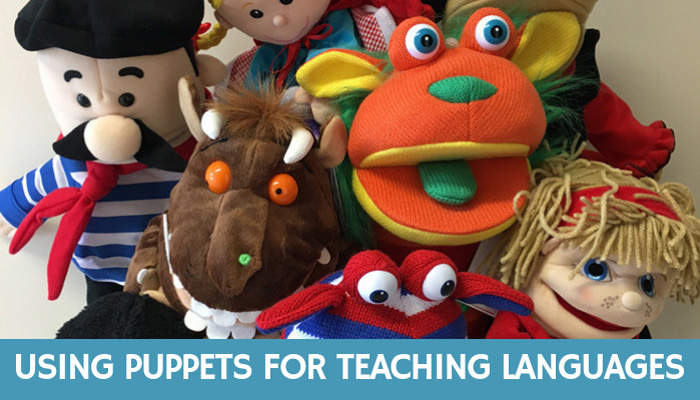
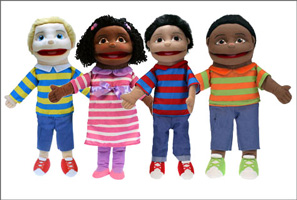
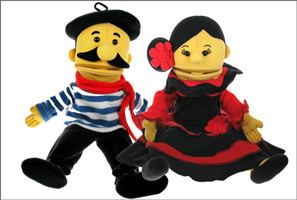
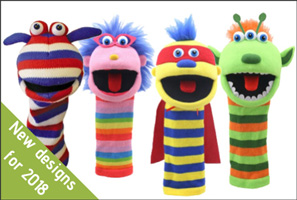
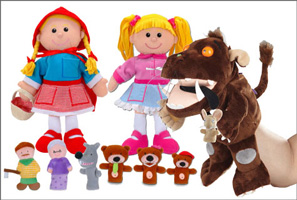
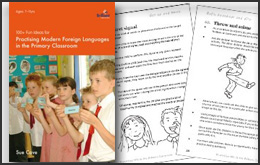
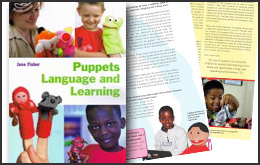






























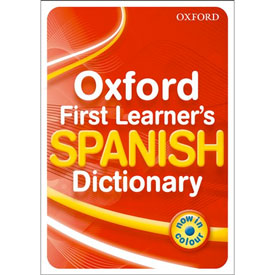
.jpg)
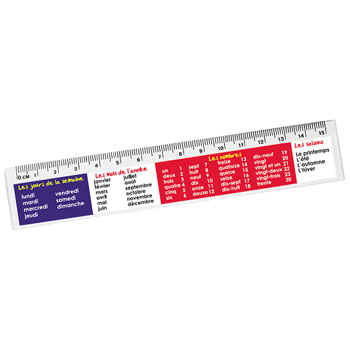
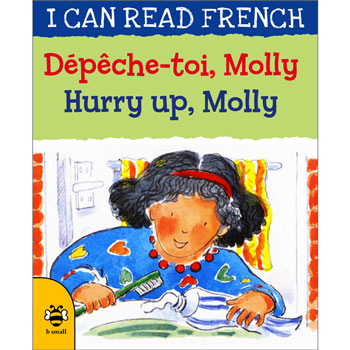
.jpg)
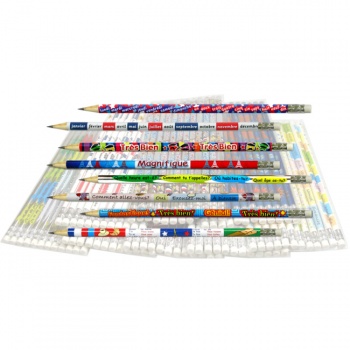
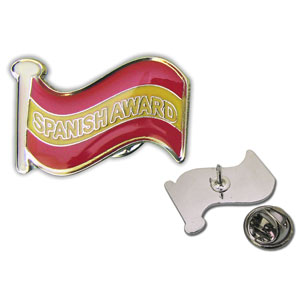
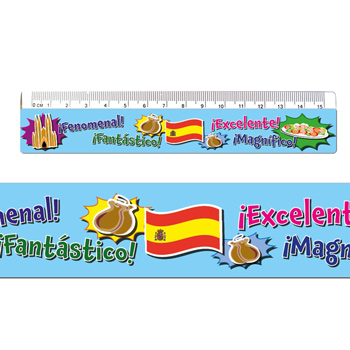
.jpg)
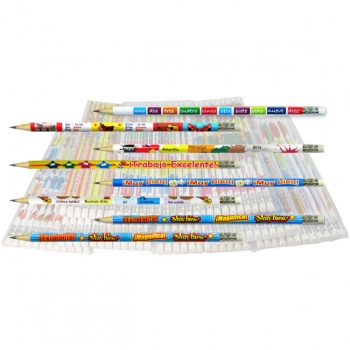
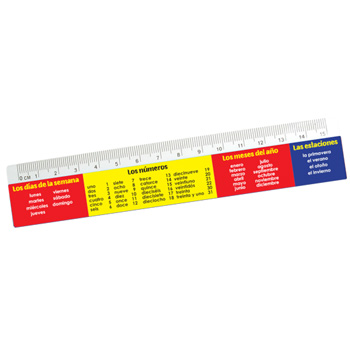
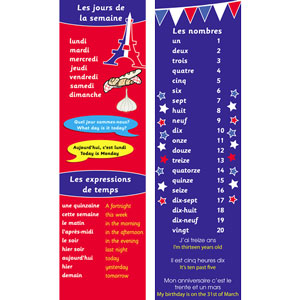
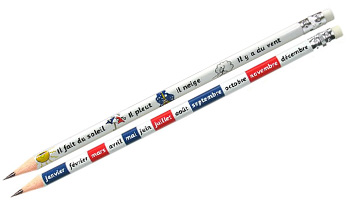
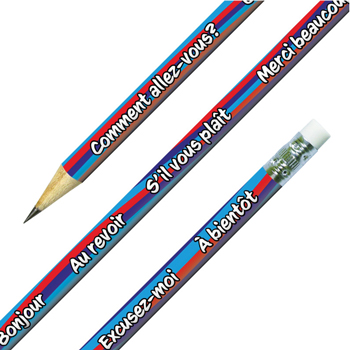
.jpg)
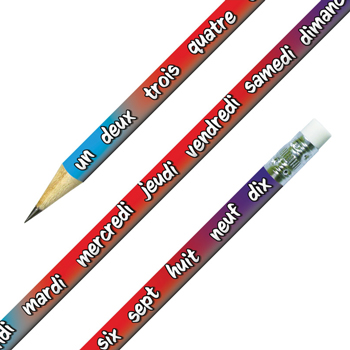
.jpg)
Thank you for this well written and useful article.
Years ago I saw a presentation about using puppets to teach foreign language. This article convinced me that puppets are a very useful tool.